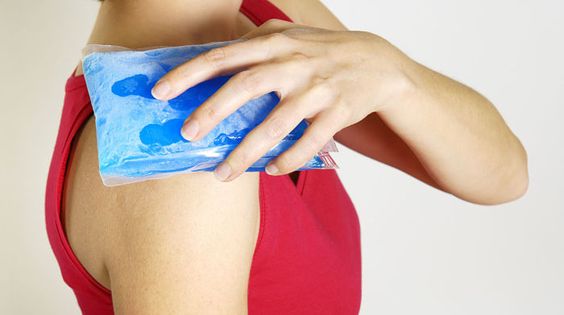Introduction:
Heat urticaria is a rare skin condition that manifests as itchy red welts or hives on the skin after exposure to heat. This can occur from various sources like hot showers, exercise, or even warm weather. While it's not a life-threatening condition, the symptoms can be uncomfortable and disruptive to daily life. This often leads individuals to seek ways to manage and alleviate their symptoms effectively.

While the exact causes of heat urticaria are not fully understood, it is believed to be an allergic reaction triggered by a sudden increase in body temperature. This triggers the release of histamine and other chemicals into the skin, leading to the characteristic itchy welts. Heat urticaria typically appears within minutes of heat exposure, with symptoms ranging from mild to severe.
Understanding Heat Urticaria
Heat urticaria is characterized by the appearance of small, itchy, red welts or hives on the skin. These welts usually appear within minutes of exposure to heat and can vary in size and shape. The severity of symptoms can vary greatly from person to person. Some individuals may only experience mild itching and redness, while others may develop more pronounced welts and intense itching.
The duration of the hives can also vary. In some cases, the hives may disappear within an hour or two after the heat exposure has ceased. In other instances, the hives may persist for several hours or even days, causing significant discomfort and impacting daily activities.
Managing Heat Urticaria Symptoms
While there is no definitive cure for heat urticaria, there are several things you can do to manage the symptoms:
- Identify and Avoid Triggers: Pay attention to what triggers your heat urticaria and try to avoid those triggers as much as possible.
- Cool Down: If you start experiencing symptoms, cool down immediately by taking a cool shower or bath, applying a cool compress, or moving to an air-conditioned environment.
- Over-the-Counter Medications: Antihistamines can help to block the effects of histamine, which is released during an allergic reaction.
- Protective Clothing: Wearing loose-fitting, breathable clothing made from natural fibers like cotton can help to keep your body cool and reduce sweating.
If your symptoms are severe or do not improve with home management, it is important to see a doctor or allergist to discuss other treatment options.





